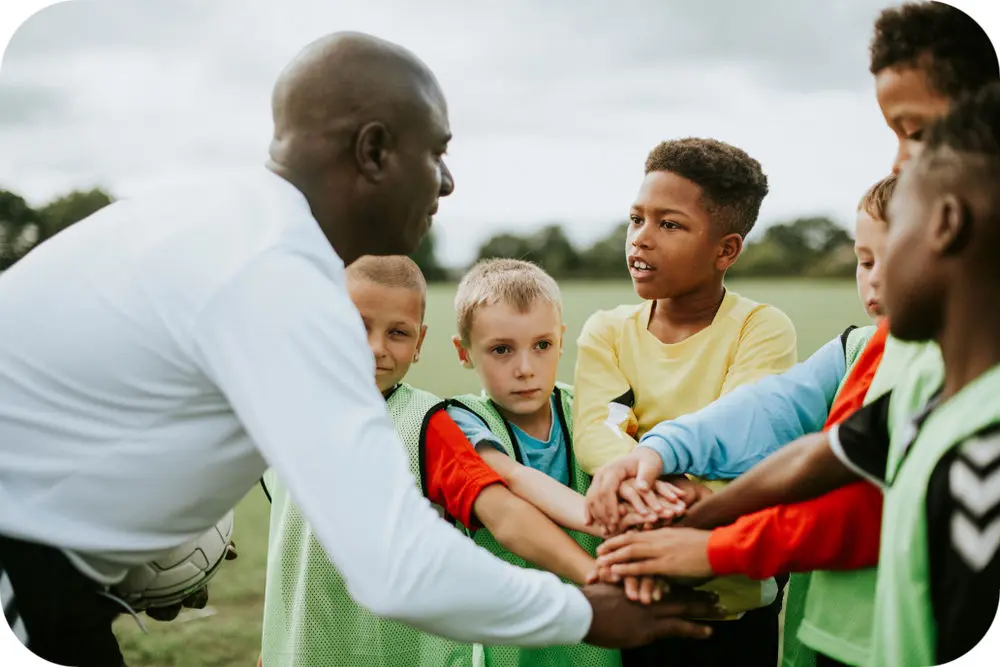
Jul 17, 2019 • 3 min read
How to Raise Speak-Up Athletes
Posted in:
 Speaking up is one of the best lessons children can learn through playing youth sports, as it can help foster confidence and a sense of initiative. Here are three key ways to help nurture the skill, from leadership guru John Maxwell’s book, Developing the Leader Within You 2.0.
Speaking up is one of the best lessons children can learn through playing youth sports, as it can help foster confidence and a sense of initiative. Here are three key ways to help nurture the skill, from leadership guru John Maxwell’s book, Developing the Leader Within You 2.0.
Don’t insist your ideas are best.
If you are always promoting your plans rather than listening to your children, you will make them dependent, and less likely to speak up. Instead, listen to your child’s suggestions and then take them to heart. You may not be able to do this all the time, but the older your child gets, the more often you should strive to create a home where everyone’s ideas are heard, even if they are not implemented.
Ask questions.
Maxwell explains that, “…by asking a series of questions, you can help people analyze a problem and think through an entire solution.”
The key to this approach is understanding that it takes work. It’s easier to simply make suggestions and offer solutions to your child, without challenging them to think everything through. For example, let’s say your child comes home frustrated because they feel their coach is not teaching them what they need to know. If you immediately go to the coach or tell your child how they should handle it, you are drowning out your child’s voice. But if you coach them through it, asking questions that pull the solution out of them, they’ll learn to find and express their own ideas.
Coach vs. dictate.
According to Maxwell, “A coach’s job is to bring out the best in others, helping them reach deep down inside and discover their potential.”
This is great advice for any youth sports coach–and it also applies to parents. Take my father, for example. He was a master at asking questions. Instead of always sitting us down and telling us what we did wrong and how we should fix it, he would ask questions that forced us to think about our behavior and even went so far as to ask: “What would you do if this was your child?”
My father’s questions helped grow six speak-up kids who to this day, have influential voices in their families, communities, and work environments.
If you ask your youth athletes for ideas, and they hesitate to speak up, or if they even withdraw and avoid eye contact, it is because they do not feel they are in a speak-up environment. Remember that the best leaders are ones who help others see problems and then solve them without assistance.
Janis Meredith is a family coach who wants to help all parents raise champions. You can find out more at rcfamilies.com.
